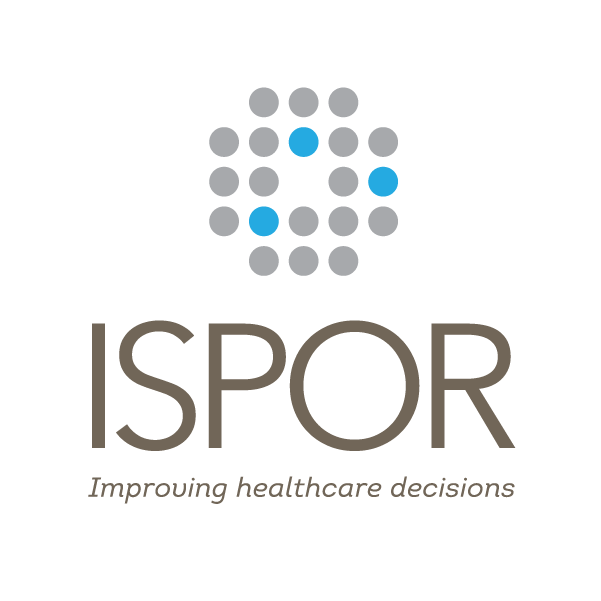Newswise — Princeton, NJ—August 30, 2016—The International Society for Pharmacoeconomics and Outcomes Research (ISPOR) Medical Devices and Diagnostics Special Interest Group has completed a review of diagnostic-specific health technology assessment programs, identified elements representing common and best practices, and issued nine specific recommendations to address identified challenges. Their report, “Health Technology Assessment for Molecular Diagnostics: Practices, Challenges, and Recommendations from the Medical Devices and Diagnostics Special Interest Group,” was published in the July/August 2016 issue (Volume 19, Issue 5) of Value in Health.
Health technology assessment (HTA) is “the systematic evaluation of the properties and effects of a health technology, addressing the direct and intended effects…as well as its indirect and unintended consequences…aimed mainly at informing decision making regarding health technologies.”1 The use of HTA for medications has become prevalent and systematic. However, even though diagnostic technologies are being used more frequently to diagnose disease and direct treatment decisions, few health care systems have established HTA processes specifically for molecular diagnostics. More importantly, HTA organizations have no uniform approach to evaluate them.
Our ability to accurately diagnose a disease, identify the drug most effective for its treatment, or develop next-generation gene sequencing is increasingly dependent on the innovation of diagnostic technologies. While molecular diagnostics are used to screen patients and inform treatment decisions, navigating the uncertainty of the evidence requirements from the various HTA agencies is often challenging and complex.
The ISPOR Group’s recommendations to improve molecular diagnostic HTAs advocate for greater transparency and better communication and collaboration between industry and HTA stakeholders. The report also recommends establishing clearer links between HTA and funding decisions, explicit recognition of and rationale for differential approaches to laboratory-developed versus regulatory-approved tests, and clear evidence requirements.
“Ultimately, the HTA process for molecular diagnostics is still evolving,” said lead author, Susan Garfield, DrPH. “There is significant opportunity at regional, national, and international levels to inform this development. Establishing a true and open dialogue will mark a productive next phase of HTA for diagnostics in which patients, clinicians, payers, and health systems will benefit from timely access to innovative and beneficial diagnostics.”
1 HTA Glossary. Health technology assessment. Available from: http://htaglossary.net/health+technology+assessment+%28HTA%29. [Accessed July 26, 2016].
###
ABOUT ISPORThe International Society for Pharmacoeconomics and Outcomes Research (ISPOR) is a nonprofit, international, educational and scientific organization that promotes health economics and outcomes research excellence to improve decision making for health globally. Web: www.ISPOR.org | LinkedIn: http://bit.ly/ISPOR-LIn | Twitter: http://bit.ly/ISPOR-T (@ISPORorg) | YouTube: http://bit.ly/ISPOR-YT |Facebook: http://bit.ly/ISPOR-FB
ABOUT VALUE IN HEALTHValue in Health (ISSN 1098-3015) is an international, indexed journal that publishes original research and health policy articles that advance the field of pharmacoeconomics and outcomes research to help health care leaders make evidence-based decisions. The journal’s 2015 impact factor score is 3.824. Value in Health is ranked 3rd out of 74 journals in health policy and services (social sciences), 8th out of 87 journals in health care sciences and services, and 10th out of 344 journals in economics (social sciences). Value in Health is published bi-monthly and circulates to more than 10,000 readers around the world. Web: www.ISPOR.org | LinkedIn: www.bit.ly/ISPOR-IN | Twitter: www.bit.ly/ISPOR-T (@ISPORorg) | YouTube: www.bit.ly/ISPOR-YT |Facebook: www.bit.ly/ISPOR-FB(@ISPORjournals)
